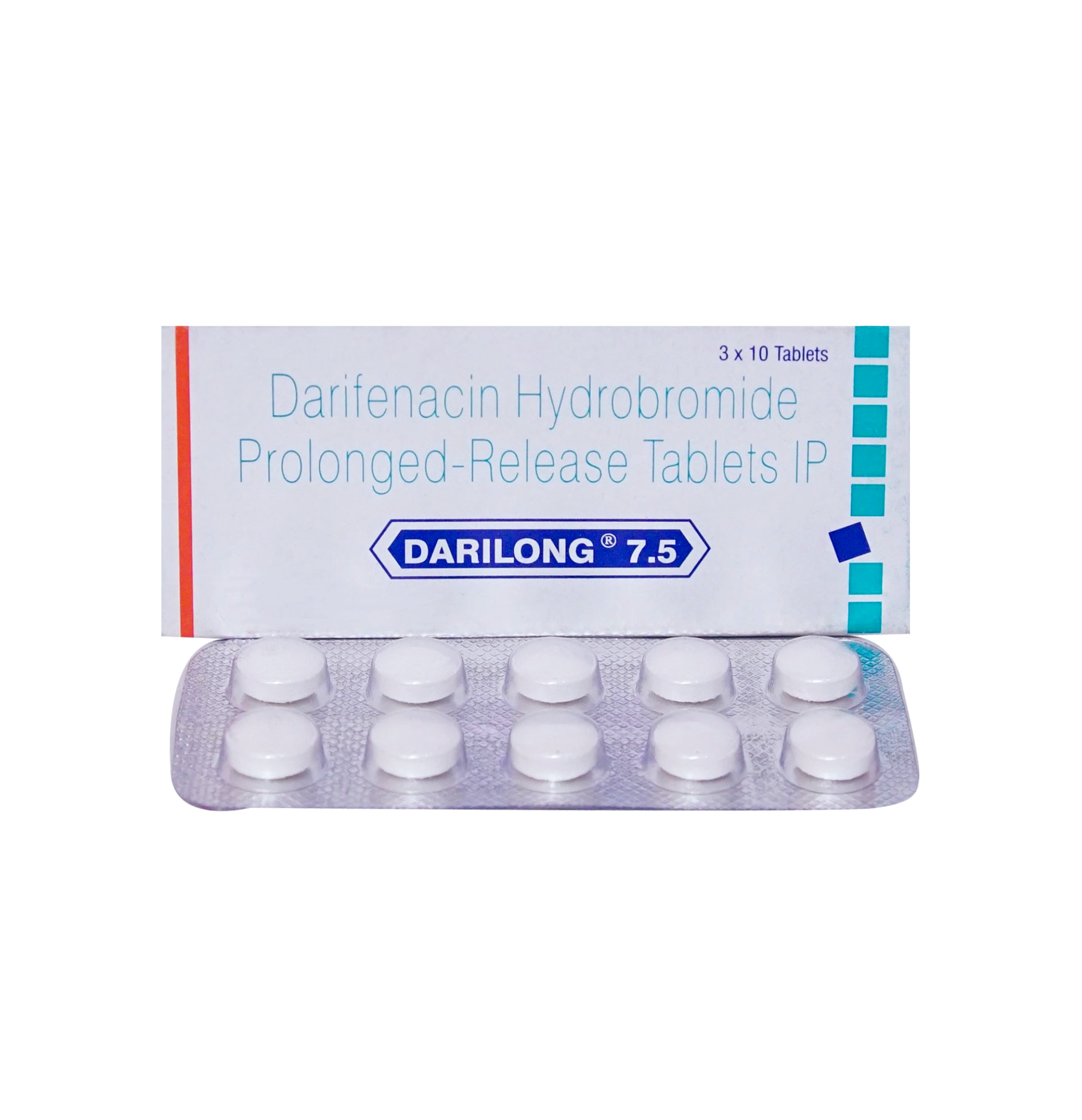Subtotal: $5.90

Bentyl Dicycloverine 10 mg 10 capsules
Availability: Out of stock
Dicycloverine Information
Medication Safety Issues
Sound-alike/look-alike issues:
Dicyclomine may be confused with diphenhydrAMINE, doxycycline, dyclonine
Bentyl may be confused with Aventyl, Benadryl, Bontril, Cantil, Proventil, TRENtal
Geriatric Patients: High-Risk Medication:
Beers Criteria: Dicyclomine is identified in the Beers Criteria as a potentially inappropriate medication to be avoided in patients ≥65 years (independent of diagnosis or condition) due to its highly anticholinergic properties and uncertain effectiveness as an antispasmodic (Beers Criteria [AGS 2019]).
Pharmacy Quality Alliance (PQA): Dicyclomine is identified as a high-risk medication in patients ≥65 years on the PQA’s, Use of High-Risk Medications in the Elderly (HRM) performance measure, a safety measure used by the Centers for Medicare and Medicaid Services (CMS) for Medicare plans (PQA 2017).
Storage/Stability
Capsule, tablet: Store at room temperature, preferably below 30°C (86°F). Protect tablet from direct sunlight.
Oral solution: Store at 20°C to 25°C (68°F to 77°F); protect from excessive heat.
Solution for injection: Store at room temperature, preferably below 30°C (86°F); protect from freezing.
Adverse Reactions
>10%:
Central nervous system: Dizziness (40%)
Gastrointestinal: Xerostomia (33%), nausea (14%)
Ophthalmic: Blurred vision (27%)
1% to 10%:
Central nervous system: Drowsiness (9%), nervousness (6%)
Neuromuscular & skeletal: Weakness (7%)
Postmarketing and/or case reports: Abdominal distention, abdominal pain, anaphylactic shock, angioedema, confusion, constipation, cycloplegia, decreased lactation, delirium, dermatitis (allergic), dyspepsia, dyspnea, erythema, facial edema, fatigue, hallucination, headache, hypersensitivity, insomnia, malaise, mydriasis, nasal congestion, palpitations, skin rash, syncope, tachyarrhythmia, vomiting –

 Fertogard 50 – 30 tablet
Fertogard 50 – 30 tablet 


Reviews
There are no reviews yet.